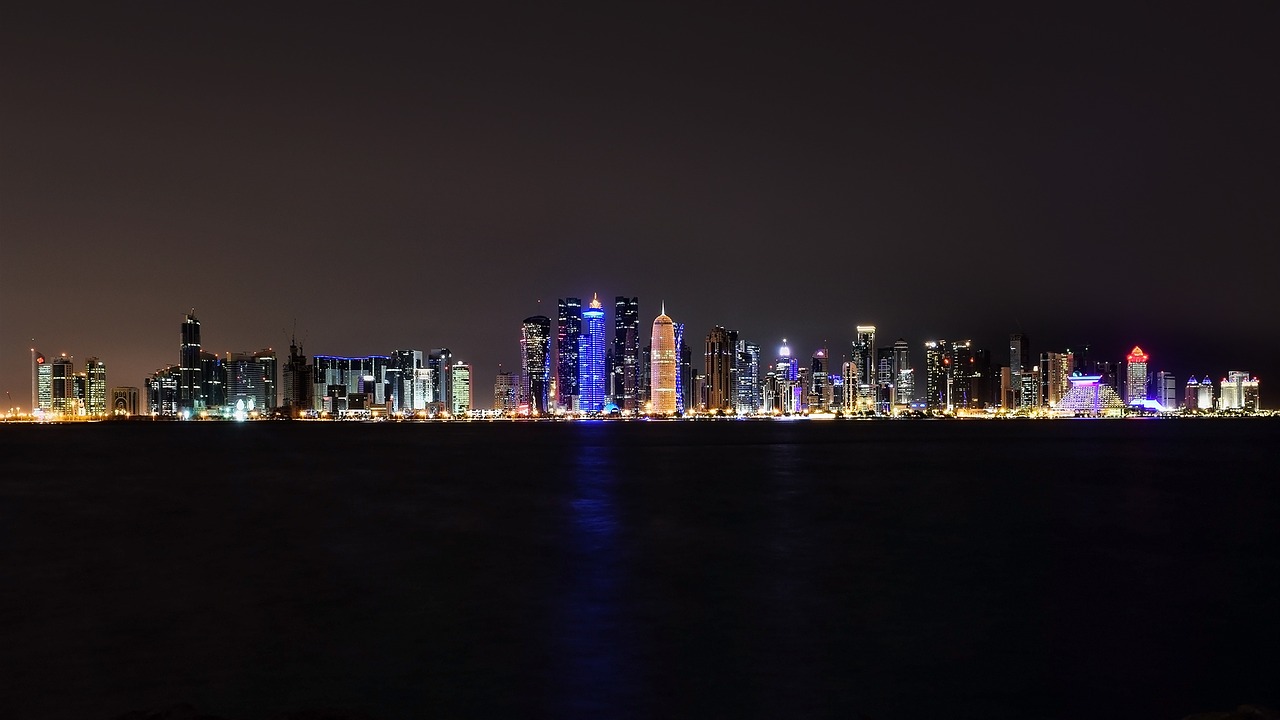On 5 June, Qataris residing in Saudi Arabia, Bahrain, and the United Arab Emirates (UAE) woke up to learn that they were asked to pack and leave within 14 days. They were expected to quit their jobs, pull their children out of school, bid their friends and families goodbye, and go back to Qatar. A diplomatic row that should have been confined to political salons has instead exploded into an identity crisis.
‘Khaleeji’ translates to ‘from the gulf’ in Arabic. However, the term currently and exclusively denotes the identity of the Gulf Cooperation Council’s (GCC) nationals. Saudi Arabia, Kuwait, UAE, Qatar, Bahrain, and Oman established the GCC back in 1981 as a political and economic alliance to counter the rise of Iran’s power following the 1979 Islamic revolution. By fostering unity and cooperation amongst member states and citizens, the GCC counterbalanced the Iranian power and marked its presence on the geopolitical map as a union of six Arab, Sunni, and khaleeji states. Connecting a common regional identity with rights and privileges, the GCC membership allows for freedom to live, work and travel to any of the six Gulf States.
Even prior to the formal establishment of the union, Arabian Gulf states were protective of their identity. When the pan-Arab nationalist tide witnessed its brief years of glory in the 1950s and 1960s, the rich Gulf monarchies ensured (individually) that the Arab nationalist and socialist rhetoric did not win acceptance by its citizens in spite of its romantic appeal. When Iran’s Shiite power began to expand in the 1980s, GCC countries – led by Saudi Arabia – reinforced their Sunni identity by strengthening links to other Sunni governments. The influx of Arab and foreign labour force into GCC countries did not jeopardise the khaleeji identity, whereby citizenry is awarded to foreigners in exceptional cases, thus guaranteeing the preservation of the indigenous cultural identity (and also protecting the riches from being shared with a greater pool of beneficiaries). The GCC flirted with the idea of including Jordan and Morocco in the GCC club in an attempt to protect Arab monarchies from the 2011 revolutions, but negotiations were ceased after autumn hit the Arab Spring. The GCC is to remain a union between six, rich, oil-drenched, Gulf, Muslim, and Sunni khaleeji nations.
However, the khaleeji regional identity seems to have taken a blow with the expulsion of Qataris from three GCC countries. The GCC accused Qatar of destabilising the region with its support for Islamist groups (primarily the Muslim Brotherhood and al-Qaida), media incitement, and relations with Iran. The collective punishment inflicted on both the Qatari government and nationals might suggest that the celebrated khaleeji identity is rather an invented sense of belonging that can be reversed at any point. By being asked to leave, Qataris no longer felt at home. Khaleejinship appears to be a conditioned ‘status’ that obeys political considerations first and foremost. The crisis reminded GCC citizens of the dividing political lines between their nations, which ultimately reflected on their identities.
It might be an overstatement to argue that the regional khaleeji identity is falling apart, but it is equally naive to assume that the brotherly and common identity will go back to normal once relations are mended. Had the GCC partners really wanted to encourage Qatar to revise its foreign policies, they should have chosen a diplomatic avenue rather than punish civilians for the decisions taken by political elites. Expelling Qataris not only threatens their identification as khaleeji brethren who share similar concerns and interests, but might invite the estranged nation to question its sense of security. After all, it was not Iran who disrupted Qataris’ lives and closed its doors in their face, but rather the GCC partners. Instead of having Qatari citizens on board, Qataris were alienated and pushed back into nationalist rhetoric that obeys the logic of blind patriotism. Stripped from their GCC privileges, Qataris will likely accentuate their unquestionable support to their welcoming homeland, be its policies right or wrong.
Carving out a nation from a regional bloc questions the veracity of an acclaimed – and claimed -regional identity. What Qataris learned from all of this is that they stop being khaleejis when political leaders quarrel. By reprimanding political leaders through innocent citizens, the GCC risks altering – if not abolishing – the sense of regional belonging and identification. Khaleejinship is indeed rooted in hearts and not in treaties; it must be valued and looked after, because some types of love are not unconditional.
1 comment













1 Comment
Gordon Matthews
14/08/2017, 6:30 am“Had the GCC partners really wanted to encourage Qatar to revise its foreign policies, they should have chosen a diplomatic avenue rather than punish civilians”
What is the current approach, if not a diplomatic one? It is certainly not (yet) military. Just because it targets civilians doesn’t stop it from being diplomatic, in the same way that US sanctions on Iran are diplomatic in nature. The reality is that Qatar has pursued a foreign policy that endangers collective GCC security (in particular, fostering hard-line Brotherhood members, not for ideological reasons, but simply because they think they might eventually overthrow other Gulf monarchies). Previous diplomatic approaches have failed. So now it is time to pursue a more rigorous policy.
Btw: “Khaleejinship is indeed rooted in hearts and not in treaties”. In which case, we need not worry too much about the impact of the latest diplomatic fracas.
This article has some pretty wishy-washy thinking!
REPLY